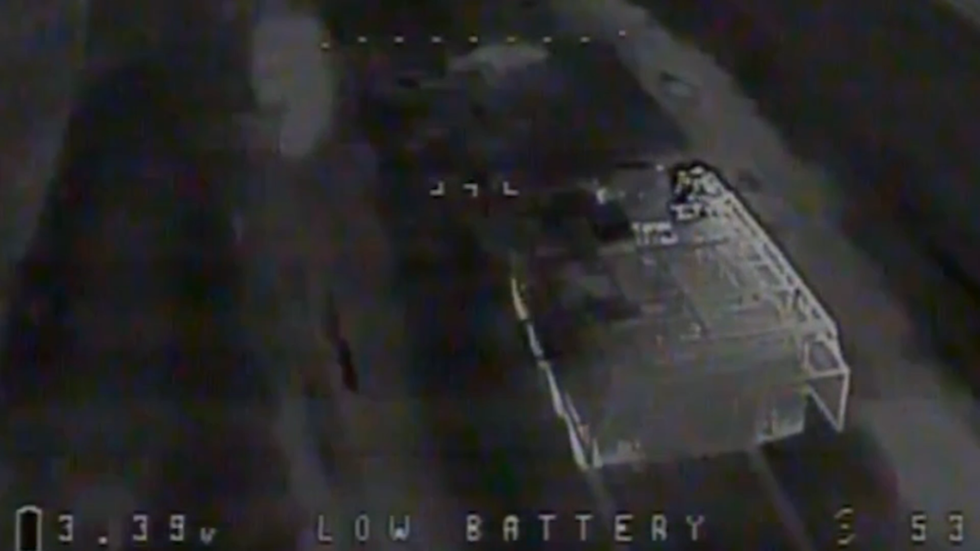Workers use sandbags to block water as the worst floods to hit Central and Eastern Europe in at least two decades kill 24.
Published On 21 Sep 2024
The Danube River has peaked at a 10-year high in a heavily fortified Budapest with its water reaching the steps of parliament, after deadly Storm Boris lashed Europe.
Torrential rains and strong winds have led to widespread flooding in Central and Eastern Europe since last week, killing 24 people and devastating towns and villages.
As the swollen Danube waters moved south on Saturday, Hungarian emergency workers lugged sandbags to fortify settlements, including Budapest, where the river flooded the embankment up to the steps of the parliament building.
The water came close to 2013 record levels before it began to recede on Saturday.
Prime Minister Viktor Orban, who has cancelled all his international travels this week and went to inspect Budapest’s flood protection work on Saturday, said the focus was “on controlling the flood” with some “hard days” ahead to make sure dykes hold.
Thousands of buildings damaged
People have died in Austria, the Czech Republic, Poland and Romania as the floodwaters have demolished houses and fields, and heavily damaged road and rail infrastructure.
The worst floods to hit Central and Eastern Europe in at least two decades have damaged or destroyed more than 18,000 buildings and facilities in Poland, according to the first estimates announced by the government on Saturday.
Swollen rivers continued to threaten several settlements in western Poland, with Prime Minister Donald Tusk promising “massive aid” to the affected regions.
European Commission President Ursula von der Leyen on Thursday announced 10 billion euros ($11bn) in funds for EU member nations reeling from the devastation.
Experts have said climate change caused by greenhouse gas emissions generated by human activities is increasing the frequency and intensity of extreme weather events such as torrential rains and floods.

 3 months ago
13
3 months ago
13









